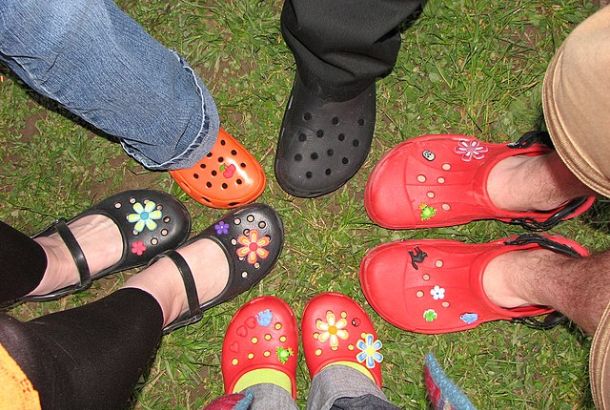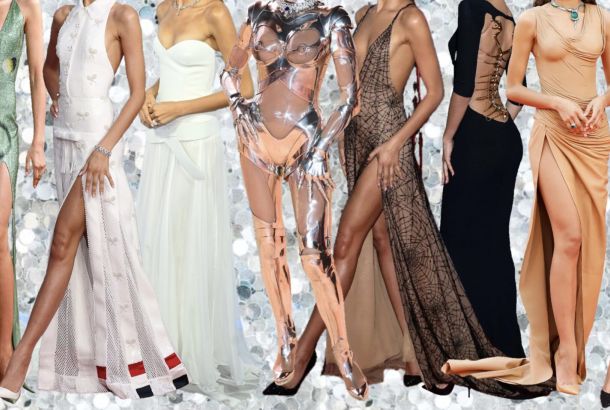The UoM based zine creating a space for discussions about blackness, beauty and community
By Alice Porter

Edge Control, created by English Literature student Rawan Yousif and English and Drama student Hope Leslie, is a new University of Manchester-based zine focussed on beauty, blackness and community. It grew from an event created by Rawan in 2018, hosting a number of young black musicians and poets in the Students’ Union, at which Hope performed a poem. Hope proposed the idea of a publication and discussions began between the two about what they were and were not seeing in bigger conversations about beauty and how they could move the conversation to exist within the local community.
As black students, they hadn’t had the spaces or time to come together during their university experience so far and they wanted to find a way of bringing black young people together and give them the opportunity to get published. “The idea was that it was by black people for black people,” Rawan commented.
They were initially interested in hair, specifically, but decided to broaden the range of the zine by considering beauty as a whole, within the framework of blackness. They were interested in the day-to-day of beauty and thinking about how daily life coincides with it and how this plays into community. “The beauty industry when it’s spoken about is spoken about as if it’s one universal experience, but there’s lots of separate ideas and people [within it],” Rawan explained. “We wanted to shed light on the people who were thinking about it and talking about it and working in it but didn’t have this major clout.”
“The ‘beauty industry’ that you see on Instagram shouldn’t be the only way we think about beauty,” she continued. “You can just focus on these local people instead of vying for them to get into an industry that is clearly exclusionary. You can just give these people your time and your energy, rather than trying to get a seat at a table that doesn’t necessarily want you.”
By securing funding from the Students’ Union, Rawan and Hope were able to make the zine completely free of charge, representing their inclusive and community-based values.
The name Edge Control is based on a beauty product used to slick down baby hairs, often used by black women. The zine itself features art, essays, articles, interviews, poetry and short stories all written by black people. Mimi Gold, a Manchester-based fashion designer, is interviewed in the zine, and there is also a piece on the influence of Missy Elliot on pop culture, written by Dara Coker.
The zine was intended as a one-off, but based on the response to Edge Control, the pair are considering expanding it in some way, perhaps by turning it into a society or a collective of black students; maybe even passing it on to younger students to run when they graduate this year. They held a launch event in early March and were touched by the excitement other black women expressed about the zine. Rawan says that she and Hope’s ambitions for the zine were to create a space for black people, but that the community that has already began to grow as a result of it has exceeded that.
Edge Control is available from the SU, as well as local libraries and cafes around Manchester. Keep an eye on their socials for updates on where you can find the zine and to see where Edge Control goes in the future. Additionally, feel free to send them a message @edgecontrolzine on Instagram if you want to get involved.







